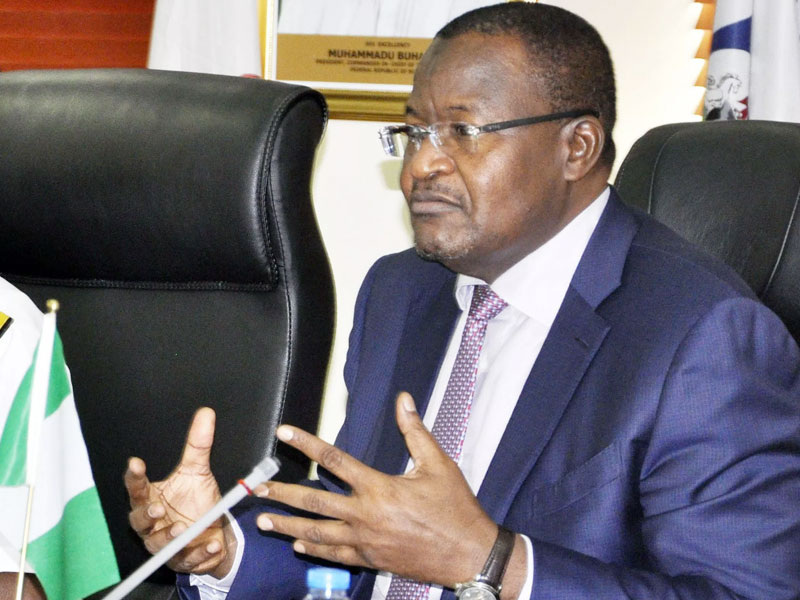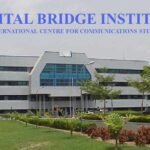The Executive Vice Chairman, Nigerian Communications Commission (NCC), Professor Umar Garba Dambatta has argued that implementing the proposed African Continental Free Trade Area (AfCTA) would boost intra-African trade by 60 percent before year 2022.
The NCC boss stated this in Kano on Wednesday in an opening speech at the two-day stakeholder sensitization workshop organized by the commission and its partners to enlighten stakeholders in the telecommunication industry on the benefits of the trade agreement.
It would be recalled that President Muhammadu Buhari had signed the trade pact on July 7th, 2019 at the AU Summit in Niamey, Niger Republic, thus ushering the country into the continent’s trade deal.
Dambatta said, “Already, the AU has maintained that the AfCFTA will create the world’s largest free trade area. It is also estimated that implementing AfCFTA will lead to about60% boost in intra-African trade by 2022.
“This is instructive considering the fact that only 16% of international trade by African countries takes place between African countries, according a study by the African Development Bank in 2014.”
He said having attained the milestone of ratification of the AfCFTA Agreement by 22 member states, the Continental Free Trade Area is now the largest trading bloc in the world in terms of participating countries, since the creation of the World Trade Organization (WTO), urging participants to support the initiative.
He said the trade Agreement would change Africa’s business algorithm as it would become difficult for any country to be regarded as the largest market in Africa, since the African continent is now going to be seen as one single international trade bloc.
AfCFTA is an initiative of the Africa Union with the main objective of creating a single continental market for goods and services, in addition to facilitating free movement of investment and people across the entire African continent.
The Chairman, Governing Board, NCC, Senator Olabiyi Durojaiye in his keynote address reiterated the commitment of the Commission towards economic development of the country.
He said “through direct contribution to the GDP, and indirect contribution to the performance of other sectors, the Telecommunication sector is indeed a facilitator of economic development.
He contended that with the Continental Free Trade Area arrangement, the telecom industry now has access to extend its communications services to over 1.2 billion people across the African continent.
“Just the way we recognize the opportunities for investors in the African market, we also know that there are challenges not to say threats. Operators and investors within the Communications ecosystem must fully appreciate these dynamics, in order to ensure that they prepare adequately for them” he admonished.
The workshop themed “Improving NigerianCommunications Industry Competitiveness for the African Continental Free Trade Area (AfCFTA) Initiative” was meant to provoke discussion on ways the NCC can leverage on relevant provisions of AfCFTA Agreement, to the advantage of the nation’s Communication industry.
The emir of Kano, Muhammadu Sanusi II was represented at the workshop by Falakin Kano, Murtala Abubakar Abba.

 Join Daily Trust WhatsApp Community For Quick Access To News and Happenings Around You.
Join Daily Trust WhatsApp Community For Quick Access To News and Happenings Around You.


